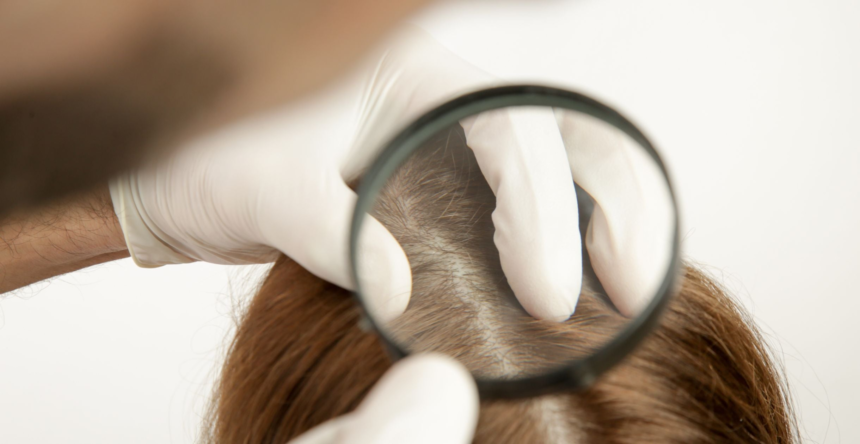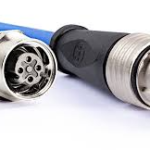Dealing with acne and an itchy scalp can be frustrating and often challenging. These conditions not only cause discomfort but can also affect self-confidence. Fortunately, with the right products and care routine, you can manage and alleviate these concerns effectively. In this article, we explore the best practices for treating acne and scalp problems, along with recommendations for using a medicated itchy scalp shampoo and acne gel to achieve healthier skin and hair.
Understanding Acne and Scalp Issues
Acne is a common skin condition that affects millions of people worldwide, including in the UK. It is primarily caused by excess oil production, clogged pores, bacteria, and inflammation. While acne is most commonly associated with the face, it can also appear on the back, chest, and even the scalp.
An itchy scalp, on the other hand, can be caused by various factors, including dandruff, seborrheic dermatitis, psoriasis, or fungal infections. If left untreated, an itchy scalp can lead to discomfort, redness, and even hair thinning.
Best Practices for Acne Treatment
1. Establish a Consistent Skincare Routine
Maintaining a proper skincare routine is crucial for managing acne. Start with a gentle cleanser that removes dirt and excess oil without stripping the skin of its natural moisture. Follow up with a toner to balance the skin and apply an acne gel to target breakouts.
2. Choose the Right Acne Gel
A good acne gel should contain ingredients like salicylic acid, benzoyl peroxide, or niacinamide. These ingredients help to unclog pores, reduce inflammation, and kill acne-causing bacteria. When applying the gel, ensure your skin is clean and dry. Apply a thin layer to affected areas and allow it to absorb before using a moisturiser.
3. Avoid Touching Your Face
Touching your face frequently transfers bacteria and dirt, worsening acne. Keep your hands clean and avoid picking or squeezing pimples, as this can lead to scarring.
4. Stay Hydrated and Eat a Balanced Diet
Drinking enough water and consuming a diet rich in fruits, vegetables, and healthy fats can support skin health. Avoid excessive consumption of dairy and processed foods, as they may trigger breakouts in some individuals.
Effective Scalp Care Routine
1. Use a Medicated Itchy Scalp Shampoo
If you frequently experience an itchy, irritated scalp, switching to a medicated itchy scalp shampoo can provide significant relief. Look for ingredients like tea tree oil, ketoconazole, or zinc pyrithione, which help to combat dandruff, fungal infections, and inflammation.
2. Wash Your Hair Regularly
While overwashing can strip your scalp of natural oils, not washing it enough can lead to product buildup and irritation. Finding the right balance is essential. Aim to wash your hair two to three times a week using a gentle medicated itchy scalp shampoo to keep your scalp clean and healthy.
3. Massage Your Scalp
Massaging your scalp while shampooing helps improve blood circulation, promoting hair growth and reducing itchiness. Use your fingertips (not nails) to gently massage in circular motions for a few minutes.
4. Avoid Harsh Hair Products
Many hair styling products contain alcohol and sulfates, which can dry out the scalp and exacerbate irritation. Opt for mild, sulfate-free shampoos and conditioners to maintain scalp health.
Home Remedies for Acne and Itchy Scalp
While medical treatments are highly effective, natural remedies can also provide relief for acne and scalp issues.
1. Aloe Vera for Acne and Scalp Soothing
Aloe vera has anti-inflammatory and antibacterial properties that can help soothe both acne and an itchy scalp. Apply fresh aloe vera gel to affected areas and leave it on for 15-20 minutes before rinsing.
2. Tea Tree Oil
Tea tree oil is a powerful natural remedy for both acne and scalp conditions. Add a few drops to your acne gel or medicated itchy scalp shampoo for added antibacterial benefits. However, always dilute tea tree oil before applying it directly to the skin to avoid irritation.
3. Apple Cider Vinegar Rinse
Apple cider vinegar helps balance the scalp’s pH and reduces dandruff. Mix one part apple cider vinegar with three parts water and use it as a final rinse after shampooing.
Lifestyle Adjustments for Better Skin and Scalp Health
1. Manage Stress
Stress can trigger acne flare-ups and scalp issues. Incorporate stress-reducing activities such as yoga, meditation, or regular exercise into your daily routine.
2. Change Pillowcases and Towels Frequently
Pillowcases and towels can accumulate dirt, oil, and bacteria, which may contribute to acne and scalp irritation. Change them at least twice a week to maintain hygiene.
3. Get Enough Sleep
Lack of sleep can increase stress levels, which in turn may worsen acne and scalp problems. Aim for at least 7-8 hours of quality sleep each night to allow your skin and scalp to repair.
Conclusion
Acne and itchy scalp conditions can be frustrating, but with the right approach, they can be effectively managed. Incorporating a medicated itchy scalp shampoo into your hair care routine and using an effective acne gel can make a significant difference. Additionally, maintaining a healthy lifestyle, following a proper skincare routine, and using gentle, effective products will help you achieve clear skin and a healthy scalp. By staying consistent with your care regimen, you can enjoy long-term relief from these common concerns.



